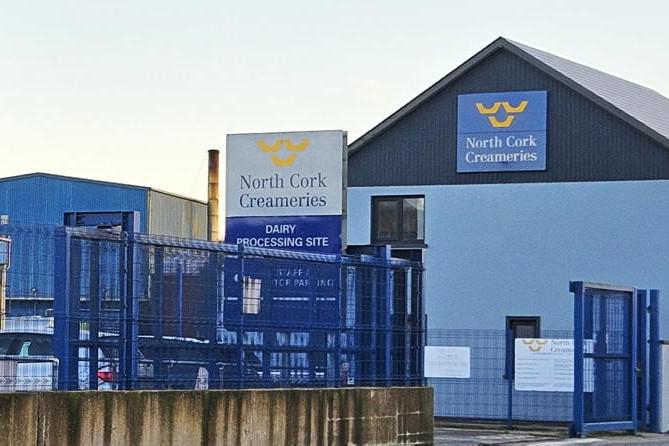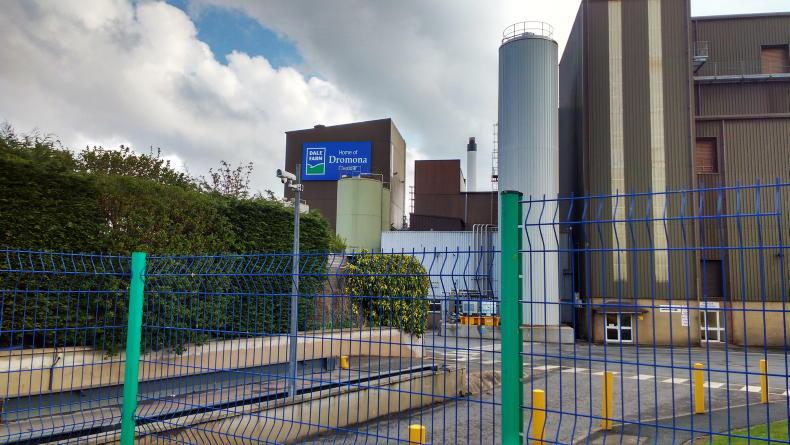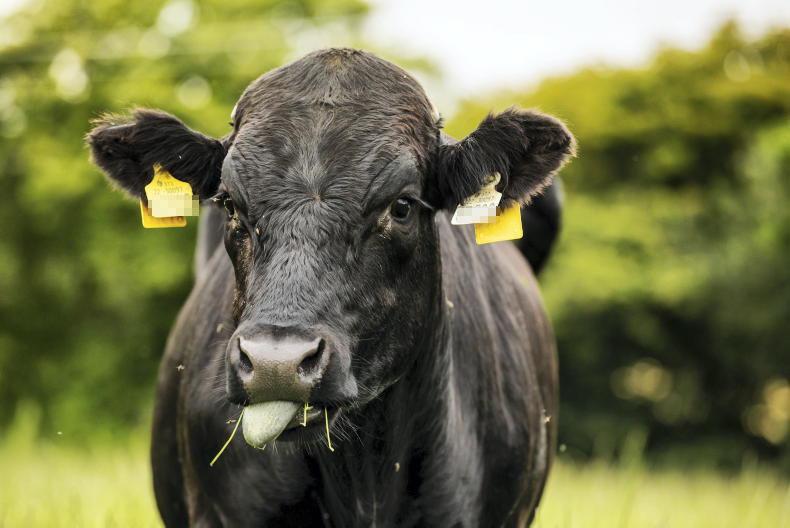The challenge for the co-operative movement is to provide a clear direction to both farmers and the industry after the expansion of the dairy sector in recent years, the Irish Co-operative Organisation Society (ICOS) AGM has heard.
ICOS president Jerry Long told the society’s 125th AGM that co-ops have performed brilliantly over the past decade. He highlighted new processing facilities and routes to market for extra milk farmers wanted to produce.
It has resulted in an additional 60% to 70% greater yield in milk solids since quotas were lifted in 2015.
Expansion
However, Long said the question had to be asked if expansion could continue at such a rate.
“We have legal commitments on climate change, air and water quality and biodiversity, as well as increasing restrictions reflecting necessary practices and consumer expectations on calf welfare.
“We simply can’t rush headlong into the huge herds and associated problems seen by our friends in New Zealand,” he said.
There was also a need to acknowledge that dairying is “interconnected and interdependent” with the beef and tillage sector.
Beef sector
“We have a beef sector that the dairy farmer is hugely dependent on to take our male calves, but which has an economic model that is broken and which is characterised by farmers losing money on every animal they feed.
“We need a model that allows livestock farmers to make a living from their farms and provides for a suckler herd producing top-quality beef for particular markets, alongside quality dairy beef for other markets.
“But the key question is, can this be produced profitably?” Long asked.
He said it may be too late for co-ops to get back into meat processing, but co-op marts were needed to support beef farmers in a market dominated by large-scale processors.
Read more
New vet medicine regulation has anti-competitive implications - ICOS
Restriction on journey time in grass-fed standard inhibits free choice – ICOS
The challenge for the co-operative movement is to provide a clear direction to both farmers and the industry after the expansion of the dairy sector in recent years, the Irish Co-operative Organisation Society (ICOS) AGM has heard.
ICOS president Jerry Long told the society’s 125th AGM that co-ops have performed brilliantly over the past decade. He highlighted new processing facilities and routes to market for extra milk farmers wanted to produce.
It has resulted in an additional 60% to 70% greater yield in milk solids since quotas were lifted in 2015.
Expansion
However, Long said the question had to be asked if expansion could continue at such a rate.
“We have legal commitments on climate change, air and water quality and biodiversity, as well as increasing restrictions reflecting necessary practices and consumer expectations on calf welfare.
“We simply can’t rush headlong into the huge herds and associated problems seen by our friends in New Zealand,” he said.
There was also a need to acknowledge that dairying is “interconnected and interdependent” with the beef and tillage sector.
Beef sector
“We have a beef sector that the dairy farmer is hugely dependent on to take our male calves, but which has an economic model that is broken and which is characterised by farmers losing money on every animal they feed.
“We need a model that allows livestock farmers to make a living from their farms and provides for a suckler herd producing top-quality beef for particular markets, alongside quality dairy beef for other markets.
“But the key question is, can this be produced profitably?” Long asked.
He said it may be too late for co-ops to get back into meat processing, but co-op marts were needed to support beef farmers in a market dominated by large-scale processors.
Read more
New vet medicine regulation has anti-competitive implications - ICOS
Restriction on journey time in grass-fed standard inhibits free choice – ICOS









SHARING OPTIONS